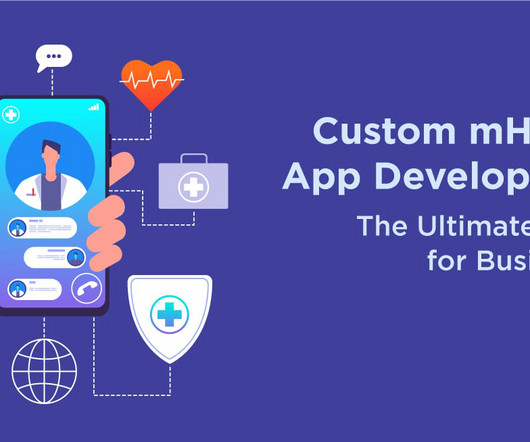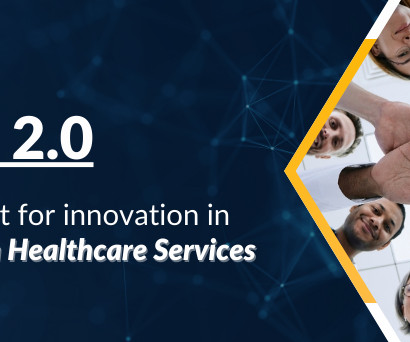Impact of technology on insurance industry
Hacker Earth
MARCH 29, 2018
Like every other industry, the global insurance sector, worth over $5 trillion, has undergone an immense overhaul because of disruptive technologies in recent years. According to PwC’s 2017 Global InsurTech Report, the challenges the insurance industry faces in their ability to innovate are. Talent (87%). IT security (53%). Blockchain.














Let's personalize your content